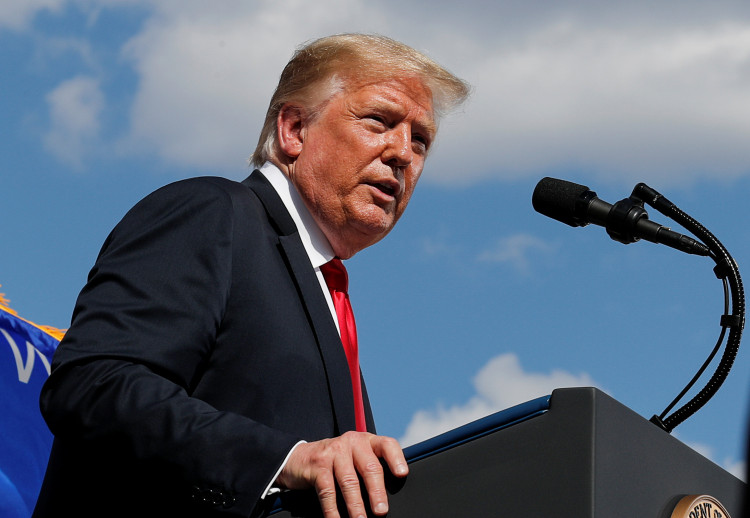President Donald Trump unveiled a 40-page budget blueprint Friday proposing a $163 billion reduction in non-defense discretionary spending and a 13% increase in defense funding, marking a sharp pivot toward military strength and immigration enforcement ahead of the 2026 fiscal year. The proposal, sent to Congress with a letter from Office of Management and Budget Director Russell Vought, calls for sweeping cuts across public health, education, clean energy, and foreign aid while expanding the budgets of the Pentagon and the Department of Homeland Security.
The plan includes a $43.8 billion increase for the Department of Homeland Security, bringing its total to over $100 billion, and raises the Defense Department's budget to $113.3 billion. "At this critical moment, we need a historic budget - one that ends the funding of our decline, puts Americans first, and delivers unprecedented support to our military and homeland security," Vought said in the accompanying letter addressed to Senate Appropriations Chair Sen. Susan Collins (R., Maine).
Among the most notable domestic reductions are:
- $18 billion cut to the National Institutes of Health
- $4 billion cut to the Low Income Home Energy Assistance Program (LIHEAP)
- $3.6 billion cut to the Centers for Disease Control and Prevention
The Education Department faces a $12 billion reduction, affecting initiatives like TRIO, which supports disadvantaged students. Environmental and renewable energy programs also face significant reductions. Despite those cuts, the Department of Health and Human Services would receive $500 million for Robert F. Kennedy Jr.'s "Make America Healthy Again" (MAHA) campaign, which promotes nutrition and physical activity.
The budget does not alter mandatory programs such as Social Security, Medicare, or Medicaid, which account for the majority of federal spending. Trump has repeatedly vowed to protect those programs, although Democrats remain skeptical. "Donald Trump's days of pretending to be a populist are over," said Senate Majority Leader Chuck Schumer (D., N.Y.). "His policies are nothing short of an all-out assault on hardworking Americans."
White House officials argue the cuts reflect the influence of Elon Musk's unofficial "department of government efficiency" team-known internally as Doge-which has advocated aggressively for eliminating "waste, fraud and abuse" across federal agencies. USAID, the agency responsible for foreign aid, is reportedly facing near-total defunding under the new plan.
The $163 billion rollback represents a 22.6% cut in discretionary spending compared with the current fiscal year ending September 30. Republicans, including House Speaker Mike Johnson (R., La.), praised the plan. It "is a bold blueprint that reflects the values of hardworking Americans and the commitment to American strength and prosperity," Johnson stated.
Democrats responded swiftly. Schumer pledged to "fight this heartless budget with everything we've got," while Collins warned that Congress-not the president-ultimately determines the federal budget. "This request has come to Congress late, and key details still remain outstanding," Collins said.






